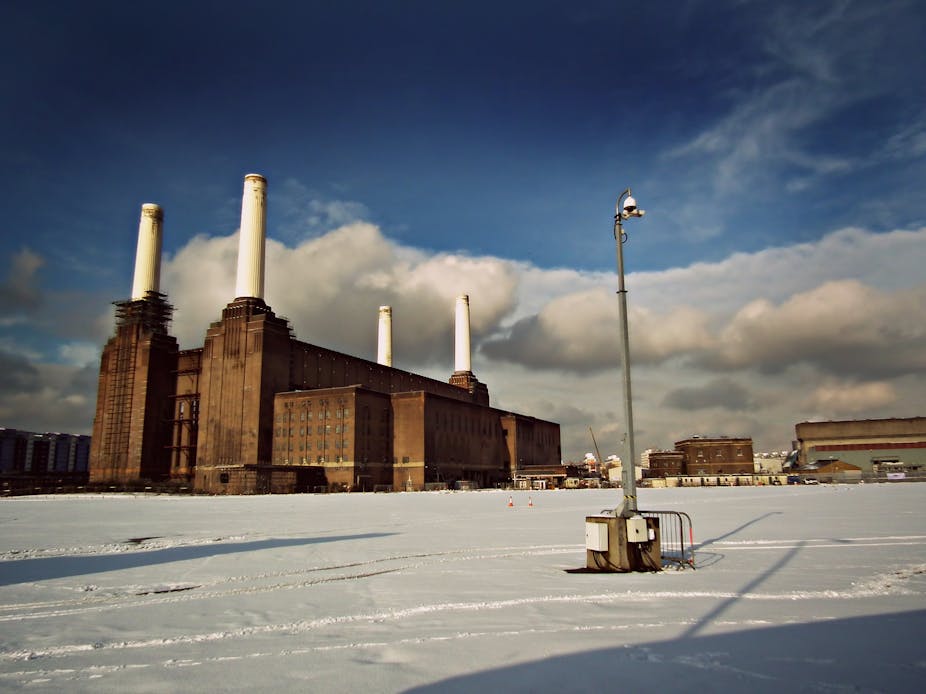Ed Miliband is right to be concerned about the lack of competitiveness in the UK energy retail sector. His worries are shared by many observers in the media and those of us in the regulatory and academic world. However, a price freeze on energy bills is not the best way to address the problems, which begin much further up the chain. Ultimately, consumers will be the main losers.
Keeping prices fixed for a period of up to two years amounts to an extreme form of regulatory intervention. Economists who have looked at price regulation are unanimous in stating that efficient regulatory intervention in a privatised natural monopoly requires a careful balance between price fairness for consumers and commercial viability for suppliers.
In the past 10 years the main cost drivers in the energy markets have been international factors such as the relative scarcity of alternative fuels in different geographical areas and international agreements on greenhouse gas emissions controls. To put a cap on prices without consideration of these external pressures is likely to challenge energy companies’ ability to supply.
Miliband refers to a “market failure” in the UK energy supply. One of the main reasons for this was the expectation that competition could be brought about by consumers looking for the most attractive deals and making informed choices about the cheapest deals available. However, several investigations of market behaviour, including Ofgem’s Energy Supply Probe and academic analysis by me and my colleagues, have shown that this has not happened to a sufficient extent to promote effective competition in the market.
So if market failure hasn’t been resolved through informing consumers, what might work instead? We ought to focus on the wholesale market, where energy producers and retailers trade among themselves is crucial. One of our key findings was that a more transparent and well-functioning wholesale market was crucial to delivering a fairer deal for wholesale consumers.
There are important barriers to effective competition that will not be addressed by a policy focused on controlling prices paid by consumers. If prices were frozen people would have even less of an incentive to look around and find a good deal, therefore giving up on forcing energy companies to compete on price. And the limited opportunities that potential rivals have to challenge the established position of the “big six” wouldn’t be addressed by a freeze. If anything the lack of profits for the big six would reduce the attractiveness of the market for other potential entrants.
The announcement of a price freeze in 2015 could have one unfortunate, unintended consequence: collusion. Demand pressures at the international level will not be stopped by changes to UK consumer law, and so wholesale energy costs are likely to continue rising. Therefore, with a 2015 deadline approaching, the established energy companies would have more of an incentive to coordinate their prices in order to increase their profits in the short term, while they still can.
Indeed, the structure of the UK energy retail market would facilitate such price coordination. The industry is dominated by a small number of established players, who control 99% of the national market. All the “big six” operate in the same regional markets and are vertically integrated - they both generate energy and sell it to consumers. None of the independent suppliers who have entered the market in the last decade have managed to acquire a market share bigger than 1%.
All of these conditions facilitate price coordination, and this might soon be seen as a necessary option for suppliers in order to insure themselves against future fuel price shocks which they would be unable to pass on to final consumers after 2015.
Energy bills that contain an additional element of “insurance payment” against the risk of future fuel cost increases hardly represents a fairer deal for consumers. Miliband’s announcement of future price controls might end up creating further economic hardship in the next couple of years.

